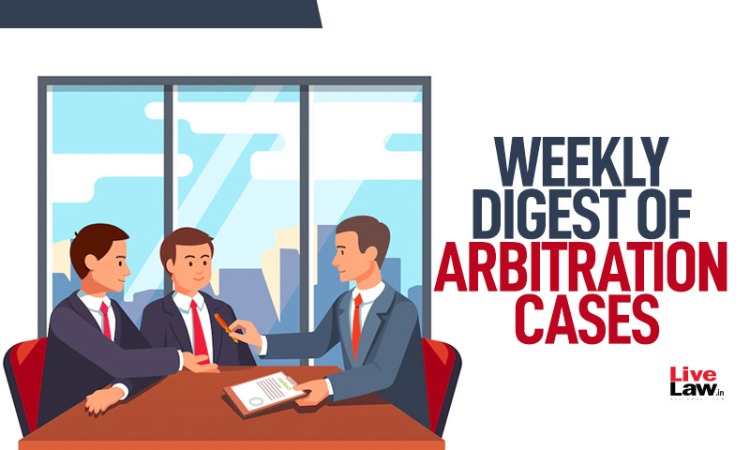Next Story
3 May 2024 1:00 PM IST
Allahabad High Court Court Under Section 19 Of MSMED Act, 2006 Empowered To Allow Predeposit In Installments: Allahabad High Court Case Title: M/S Docket Care Systems vs M/S Hariwill Electronics India Pvt. Ltd. 2024 LiveLaw (AB) 266 The Allahabad High Court division bench of Chief Justice Arun Bhansali and Justice Jaspreet Singh held that expression “in the manner directed...

